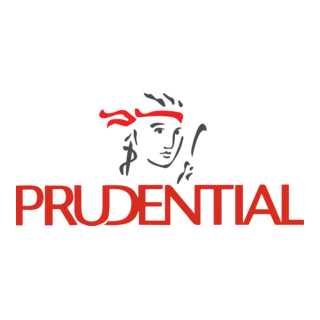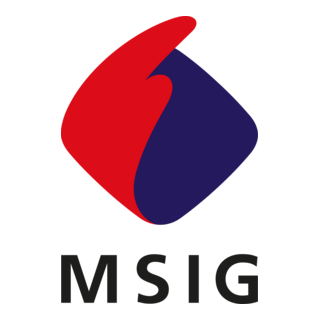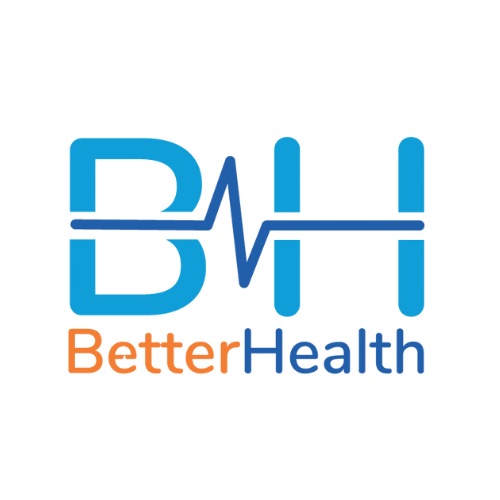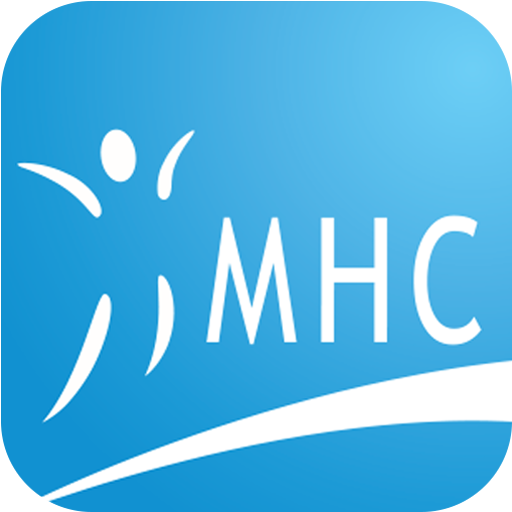Preventive Screening
Home / Service Detail
The H. pylori breath test is a non-invasive diagnostic tool used to detect Helicobacter pylori, a bacterium linked to stomach ulcers and gastritis. It measures carbon dioxide (CO₂) levels in exhaled breath after consuming a urea-containing solution.
How It Works
- The patient drinks a solution containing urea.
- If H. pylori are present, it breaks down the urea into CO₂, which enters the bloodstream and is exhaled.
- Breath samples are collected and analysed for elevated the labelled CO₂ levels, indicating an infection.
Preparation
- Fasting: No food or drink for several hours before the test.
- Medication Restrictions: Avoid antibiotics for 4 weeks and stomach acid-reducing medications for 2 weeks before testing.
Benefits
- Highly accurate for detecting active infections.
- Non-invasive and quick, with results available within hours.
Preventive screening for liver cancer is crucial, especially for individuals at high risk, such as those with chronic hepatitis B or C or underlying cirrhosis. Early detection can significantly improve treatment outcomes. Here are some common screening methods:
Screening Methods
- Ultrasound: A non-invasive imaging test that helps detect liver abnormalities or tumours.
- Alpha-Fetoprotein (AFP) Blood Test: Measures levels of AFP, a protein that may be elevated in liver cancer patients.
Recommendations
- Regular screening is advised for high-risk individuals, typically every 6 months.
- Combining ultrasound with AFP testing can enhance detection rates.
Preventive screening for pancreatic cancer is challenging because early-stage pancreatic cancer often lacks symptoms, and the pancreas is located deep within the body. However, screening is recommended for individuals at high risk due to genetic predisposition or family history.
Screening Methods
- Imaging Tests:
- MRI/MRCP: Magnetic resonance imaging or cholangiopancreatography can detect abnormalities in the pancreas.
- Blood Tests:
- Tumour Markers: CA 19-9 is a protein that may be elevated in pancreatic cancer, but it is not specific enough for routine screening.
- Genetic Testing:
- Identifies inherited mutations (e.g., BRCA2, Lynch syndrome) that increase pancreatic cancer risk.
Recommendations
- Routine screening is not advised for the general population but may be considered for high-risk individuals.
- High-risk individuals should consult their healthcare provider for personalized screening plans, which may include imaging and genetic counselling.
Preventive screening for colorectal cancer is essential for early detection and prevention. It helps identify precancerous polyps or early-stage cancer, significantly improving treatment outcomes.
Screening Methods
- Colonoscopy: A comprehensive test that examines the entire colon and can remove polyps during the procedure.
- Stool Tests:
- Faecal Immunochemical Test (FIT): Detects hidden blood in the stool.
- Stool DNA Test: Identifies abnormal DNA and blood in the stool.
- CT Colonography: A non-invasive imaging test that provides detailed pictures of the colon.
Recommendations
- Age: Screening typically starts at age 45 for average-risk individuals. Those with a family history or other risk factors may need earlier screening.
- Frequency: Colonoscopy is usually done every 10 years, while stool tests may be done annually.
Preventive screening for viral hepatitis A, B, and C is essential for early detection and management, especially for individuals at higher risk. Here’s an overview:
Hepatitis A
- Screening: Routine screening is not common since hepatitis A is usually acute and resolves on its own. However, blood tests can detect antibodies (IgM and IgG) to confirm recent or past infection.
- Prevention: Vaccination is the most effective preventive measure, recommended for children, travellers to high-risk areas, and individuals with chronic liver disease.
Hepatitis B
- Screening: Blood tests are used to detect:
- HBsAg (Hepatitis B surface antigen): Indicates active infection.
- Anti-HBs (antibodies): Shows immunity from vaccination or past infection.
- Anti-HBc (core antibodies): Indicates past or ongoing infection.
- Recommendations: Screening is advised for pregnant women, individuals with high-risk behaviours, and those from regions with high HBV prevalence.
Hepatitis C
- Screening: Blood tests detect HCV antibodies and confirm active infection with an HCV RNA test.
- Recommendations: Universal screening is recommended at least once for all adults, with periodic testing for high-risk groups like those with a history of intravenous drug use.
General medical and health screenings are essential for maintaining overall well-being and detecting potential health issues early. Here’s an overview:
Common Screening Tests
- Blood Tests:
- Complete blood count (CBC) to assess overall health.
- Blood glucose and cholesterol levels to monitor for diabetes and heart disease.
- Physical Examination:
- Blood pressure measurement.
- Body Mass Index (BMI) calculation.
- Cancer Screenings:
- Mammograms for breast cancer.
- Pap smears for cervical cancer.
- Colonoscopy for colorectal cancer.
- Imaging Tests:
- Chest X-rays or ultrasounds for specific concerns.
- Lifestyle Assessments:
- Smoking, alcohol consumption, and dietary habits.
Recommendations
- Frequency: Screenings should be tailored to age, gender, and risk factors. For example, adults over 40 may need more frequent checks for chronic diseases.
- Personalized Plans: Consult a healthcare provider to determine which tests are appropriate for you.
For personalized guidance on your gastrointestinal and liver health, please reach out to our dedicated medical team. Whether you have questions about your diagnosis, treatment options, or next steps, our specialists are here to provide clarity and support. Contact us today to discuss your condition and discover the care that’s right for you.
Book Your Medical Visit Now
Prioritize your health today by scheduling a medical visit with our experienced healthcare team. Whether you need a routine check-up, diagnostic services, or specialized treatment, we’re here to provide expert care tailored to your needs. Book your appointment now and take a proactive step toward a healthier life.
Phone
Website

Opening Hours
Mon - Fri: 9:00AM - 5:00PM
Sat: 9:00AM - 12:30PM
Sunday & PH: Closed






























